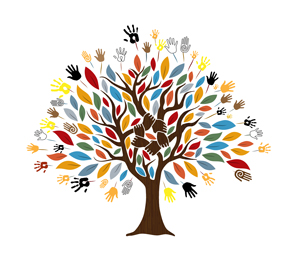Hate speech is prohibited in a restaurant but not online. No wonder why online hate and extremism are on the rise. All eyes are on the government to fulfil its promise of criminalising and regulating hate speech. People genuinely believe they would be safe inside the fence of a legal framework controlling hate speech.
However, decades behind and already more than a year in the making, this legislative fence would neither be well-established nor well-defended in the instance of online racism because there is no perfect way to enforce the law when it’s in force and balance that with the freedom of expression in Canada.
Legislating hate crimes is one part of the solution. For the other part, the onus goes to civil society, particularly in cases where social media companies are reluctant to actively control the posts on their platforms, and the government attempts to minimise its involvement in the name of free speech.
Civil society organisations are key players in the fight against online hate. They can work with well-intentioned social media companies to have the offensive material taken down. They can pressure governments to enforce existing laws. They can work with media and businesses to find ways to promote a counter-narrative and stop hate speech. Critically, they can assist victims in fending off any harm that hate speech might do to their lives. They can assist the community in recognising racial hatred, understanding its effects, reversing its course, reporting its occurrence, and healing from its suffering. They can use education to address false stereotypes and conspiracy theories and understand those who are targeted as “other.”

